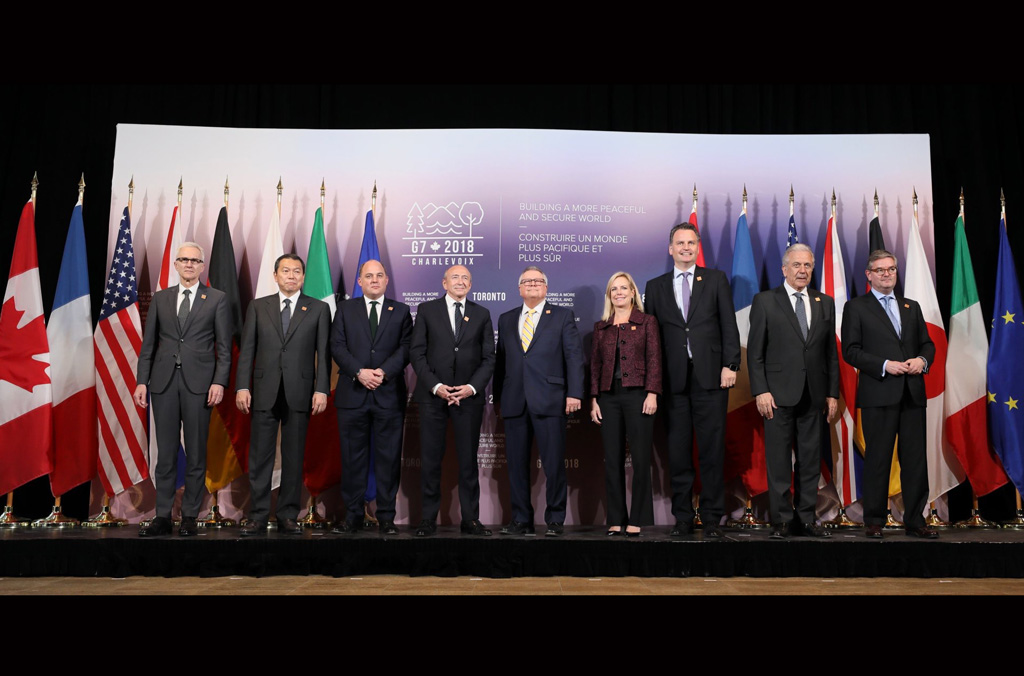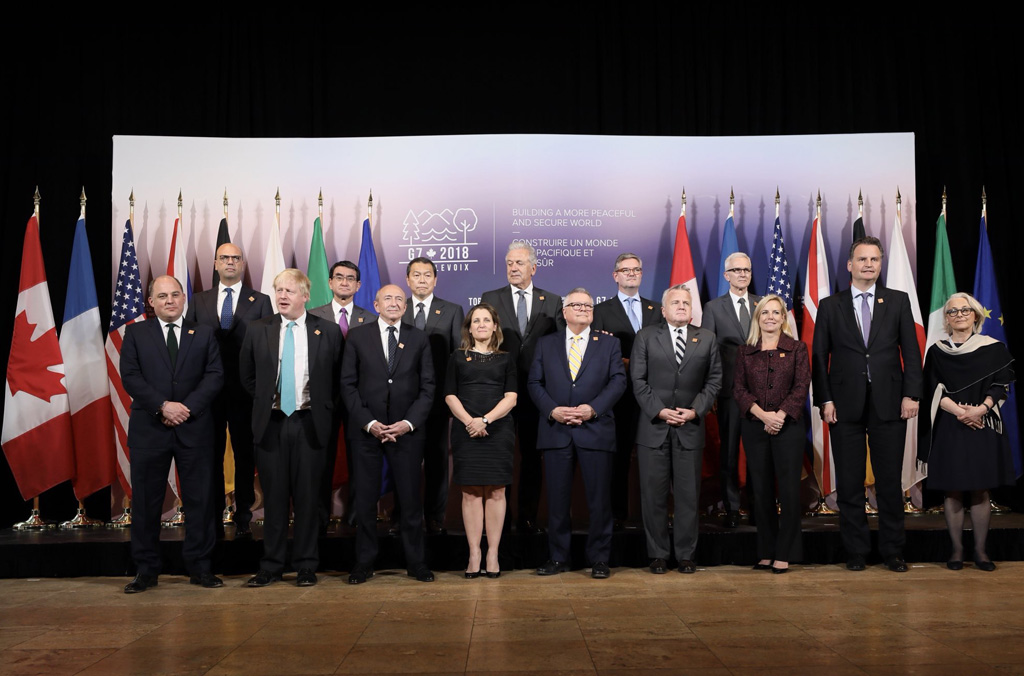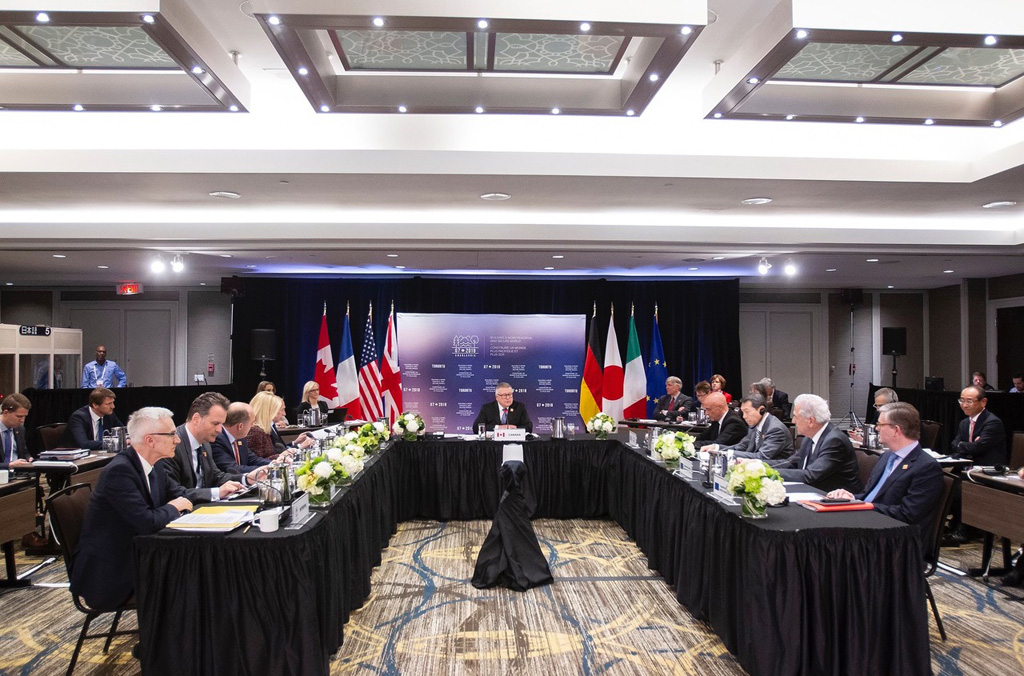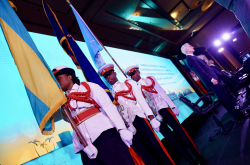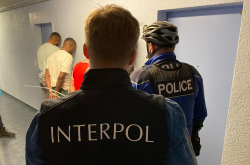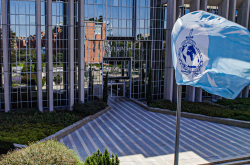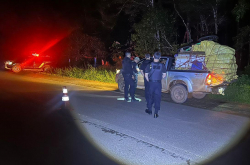TORONTO, Canada – G7 Security Ministers have backed the INTERPOL Global Task Force on Human Trafficking to combat this multi-billion-dollar form of modern day slavery.
The Ministerial support was outlined in the commitments paper issued at the end of the two-day (23 and 24 April) meeting in Toronto attended by INTERPOL Secretary General Jürgen Stock.
“Given the complexities and transnational aspects of human trafficking, INTERPOL is ideally and uniquely placed to support its member countries target the organized crime networks involved,” said Secretary General Stock.
“With victims including men, women and children of all ages, human trafficking is a serious threat to human dignity. A global challenge to sustainable development, it is the most vulnerable communities which are frequently targeted,” added the INTERPOL Chief.
Mr Stock also pointed to increasing ties between human trafficking and other various forms of organized crime including arms and drug trafficking.
In some regions links have also been established with extremist groups, coercing women and girls into marriages or sexual slavery, and pressing men and boys into forced labour or combat.
Running projects supported by Canada, Germany and the USA, the INTERPOL Global Task Force on Human Trafficking has significant experience in coordinating operations targeting forced labour of children and other forms of human trafficking around the world.
Operation Intercops-Spartacus III involved 25 countries in South and Central America, resulting in thousands of trafficking victims being rescued, 134 arrests and the dismantlement of seven organized crime networks.
INTERPOL’s Operation Epervier across five African countries saw the rescue of 500 victims from sexual exploitation and forced labour, as well as the arrest of 40 suspected traffickers.
Recognizing the need for multi-agency cooperation, in addition to law enforcement officers Epervier also involved prosecutors, international organizations, social services and NGOs.




